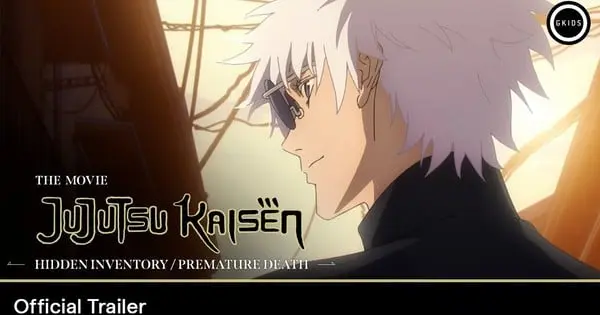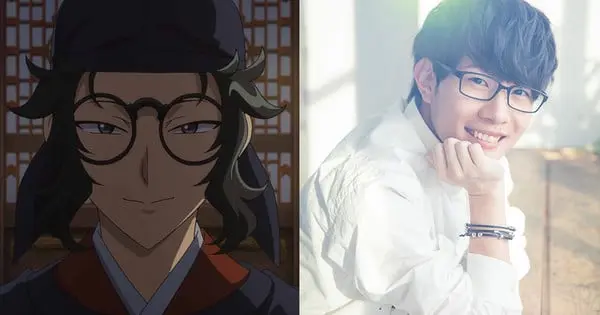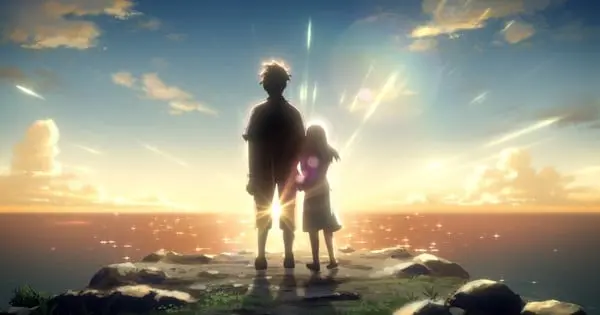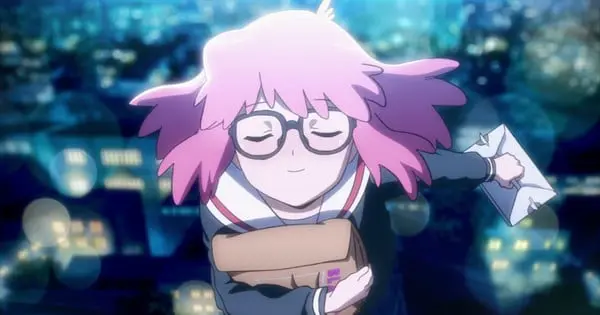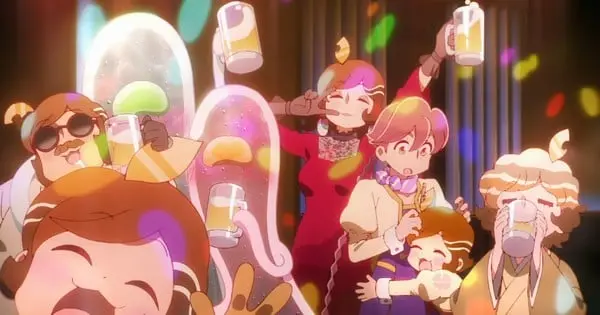A Deep Dive into History
The latest episode of One Piece Log: Fish-Man Island Saga, episode 12, titled “Fish-Man Island’s Past! Otohime and Tiger,” shifts its focus to the past, providing crucial context for the present conflicts and tensions within the series. This episode primarily features a flashback narrated by Jinbe, a fish-man and former Warlord, which recounts his origins and his relationship with Fisher Tiger, a pivotal figure in fish-man history. As is common with One Piece flashbacks, this segment is emotionally charged, offering viewers a deeper understanding of the characters’ motivations and the systemic issues that plague their world.
Jinbe and Fisher Tiger’s Early Days
The flashback details how Jinbe and Fisher Tiger first met in the Fish-Men District, their early life together, their eventual separation, and subsequent reunion as pirates. This backstory is not just a historical account; it serves as a commentary on the workings of the World Government and the Celestial Dragons, the ruling elite. The series highlights how the deep-rooted inequality and racism against the fish-men are not accidental but rather fundamental to the World Government’s operations. This system thrives on exploiting these inequalities to create divisions among various groups, including the fish-men themselves.
The Core Conflict: Freedom vs. Retaliation
The episode portrays the internal conflicts within fish-man society, highlighting the tension between those who seek peaceful solutions and those advocating for violent retaliation against humanity. The questions of “How do we fight back?” and “How far do we go for freedom?” are presented, illustrating the complexities and the challenges in opposing the World Government’s excesses. This internal strife makes it harder to achieve unity and effectively challenge the oppressive forces. The episode avoids painting a simplistic picture of good versus evil, instead portraying the nuanced and differing viewpoints within the fish-man community.
Introduction of Koala
Episode 12 also introduces Koala, a young human girl, adding another layer of complexity to the narrative. Her introduction is both heartbreaking and strangely humorous. Koala is a traumatized child who has been subjected to immense hardship. Despite her suffering, the episode captures her with a degree of innocence, making her resilience a stark contrast to the bleak reality surrounding her. Koala’s arrival further emphasizes the tragic consequences of human-fishman conflict and the far-reaching impact of systemic oppression.
Themes of Racism and Discrimination
The Fish-Man Island arc, and this episode in particular, extensively explores themes of racism and discrimination. It’s a direct commentary on real-world issues, making the series resonate strongly with audiences. The story depicts how fish-men were enslaved by humans and continue to face widespread prejudice, both openly and covertly. This parallels real-world historical and contemporary struggles, making the series relevant to a global audience.
A Message of Acceptance
Despite the heavy themes, One Piece maintains a core message of acceptance and peace. While some fish-men seek vengeance, many strive for harmony between the two races. The narrative promotes the idea of transcending hatred and working toward understanding and mutual respect. This theme of seeking peace and love, rather than perpetuating violence, is a central part of the arc’s message. The series uses its wide reach to promote inclusivity and challenge discriminatory attitudes.
Pacing and Remastering
Originally, the Fish-Man Island arc was criticized for its slow pacing. However, the new One Piece Log: Fish-Man Island Saga aims to rectify this issue. The remaster drastically reduces the number of episodes from 57 to 21, resulting in a more streamlined narrative. While some fans appreciate the tighter pacing, others feel that the original arc’s drawn-out scenes allowed for more impactful moments and character development. Some argue that the new pacing can feel rushed, sacrificing some of the tension and atmosphere present in the original series. This new edit is proving to be somewhat divisive among fans with mixed reactions.
Animation and Visuals
The new remaster boasts improved animation and visuals, which are a significant upgrade over the original series. The animation quality is comparable to the Wano Arc, showcasing Toei Animation’s recent advancements. Some scenes have been completely re-animated, while others have been remastered to enhance their visual appeal. This enhancement aims to revitalize the arc and make it more engaging for modern viewers, and the visual improvements are generally well-received, though some find that the updated style contrasts with the original feel of the series.
Thematic Significance
The Fish-Man Island arc is more than just a typical adventure story. It delves into complex political and social issues, exploring the roots of discrimination and the consequences of systemic inequality. The arc uses the metaphor of fish-men versus humans to address real-world issues of racism, prejudice, and social injustice. It challenges the audience to think critically about these issues and to consider the importance of understanding and empathy.
Connections to Other Arcs
The Fish-Man Island arc also serves as a crucial part of the overarching One Piece narrative. It introduces key elements, such as the Poneglyphs, and the concept of Joy Boy, which are essential to the series’ lore. The arc also highlights the importance of characters like Shirahoshi, who is revealed to be the ancient weapon Poseidon, and Jinbe, whose backstory and motivations are essential to the series. The arc also continues to build the world by referencing locations such as Mariejois, the holy land of the World Government, and also delves into the power structure of the world by referencing the Four Emperors of the Sea with Big Mom and Blackbeard. This worldbuilding is critical to the understanding of the series’ larger narrative.
Overall Impact
Despite the mixed reactions to the pacing, the One Piece Log: Fish-Man Island Saga remains a significant and engaging part of the One Piece universe. This is mostly due to its exploration of complex social issues. The series challenges viewers to contemplate their own biases and encourages them to strive for a more inclusive and equitable world. This arc tackles issues of systematic racism and the long-term consequences of hatred. The story promotes themes of acceptance, understanding, and the importance of fighting for what is right, which are all vital aspects of the story. The depth of the story is one that has been a long standing theme in the series and has led to fans continuing to engage with it.
In conclusion, Episode 12 of the One Piece Log: Fish-Man Island Saga is a vital chapter in the retelling of the arc. It is critical to understanding the characters’ motivations and the underlying themes of the series. While the remastered version has some pacing issues for some viewers, the episode provides an engaging look into the history of Fish-Man Island and its complex societal issues, and overall remains a strong addition to the One Piece narrative.

